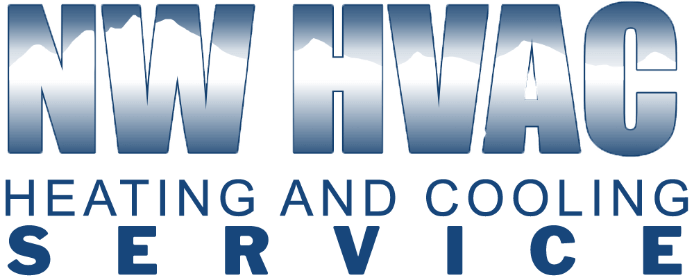Whether you choose a heat pump or a propane furnace, your new system will have no problem keeping your home warm. However, these two HVAC systems provide temperature control in two completely different ways. Depending on where you live or your household’s needs, you may find one of these systems to be the better choice. To make an informed choice about which system you will choose , you need to look at the major pros and cons of heat pumps and propane furnaces.
Heat Pump
Unlike propane furnaces, heat pumps don’t need any combustion fuels to create heat. They instead utilize a compression cycle that pulls heat from outside the home and pumps it inside. This is similar to how a traditional central air conditioner cools your home.
The four common types of heat pumps include water source, mini-splits, air source and geothermal. Air-source heat pumps are most similar to propane furnaces as they also use ductwork. These systems have an outdoor and indoor unit with essential parts like a blower, coils and compressor.
The compressor in the outside unit increases refrigerant pressure to push heat through the loop. The indoor condenser receives the warm refrigerant, which is cooled when the blower transfers that heat into the home. After the thermal expansion valve reduces internal pressure, the cooled refrigerant returns to the evaporator to gather more heat.
The indoor unit of an air-source heat pump is installed in your basement, garage or attic. The outdoor unit is set up on a concrete block outside. These units are connected via the refrigerant lines. Heat pumps need a little electricity during the heating and cooling process, but they are typically much more energy-efficient than furnaces.
In mild climates, heat pumps have an annual fuel utilization efficiency (AFUE) of nearly 100%. This efficiency will decrease if you live in an area with frequent freezing temperatures. In some situations, it’s best to add a supplementary heating system to boost your home’s climate control. Their seasonal energy efficiency ratio (SEER) in cooling mode can go up to 21.
Concerning potential safety issues, heat pumps can leak refrigerant that’s dangerous to your health and the environment. They can also experience electrical shorts, which will very rarely cause fires.
Propane Furnace
Propane furnaces are similar to gas furnaces in that they burn a combustion fuel to provide heating. These systems also need a storage tank on the property to hold your propane supply. You’ll need to schedule fuel drop-offs on a regular basis to keep your furnace running.
Propane is combusted in the burner, allowing the heat exchanger above it to heat up. The blower then moves warm air over the heat exchanger, transferring the heat into the home. As the warm air rises, it pushes the cooler air up into the return vents. The heating cycle continues until your home reaches the temperature set on your thermostat.
These systems create exhaust when combusting propane, which can include dangerous fumes like carbon monoxide. They’re safely removed via the flue, or pipe that pushes air out through the roof. High-efficiency propane furnaces have an additional heat exchanger to recover more heat from the propane as it’s exhausted.
Propane furnaces only have an indoor unit and are typically faster to install than heat pumps. If you don’t already have a propane tank system in place, this will add one more step to your installation process. The large propane storage tank will take up much more space than the furnace itself.
The AFUE for propane furnaces ranges from around 80% to almost 98%. This efficiency doesn’t decrease nearly as much in cold climates as it does for heat pumps. These systems also have easier maintenance and repair needs.
Since propane furnaces utilize combustion gases, there is a potential for gas leaks. Improper venting and a lack of regular care can put your family in danger of house fires and carbon monoxide poisoning. Routine maintenance is essential to keep the system safe and efficient.
Your Ideal HVAC Company
Rely on [company_name] for top-quality heating and cooling services in Vancouver, WA. Since 1997, we have offered unmatched services that are environmentally conscious and customer driven. Trust us to repair or replace your air conditioner, mini-split, furnace or heat pump. We can also boost your ventilation and indoor air quality. Call [company_name] to schedule your appointment.

